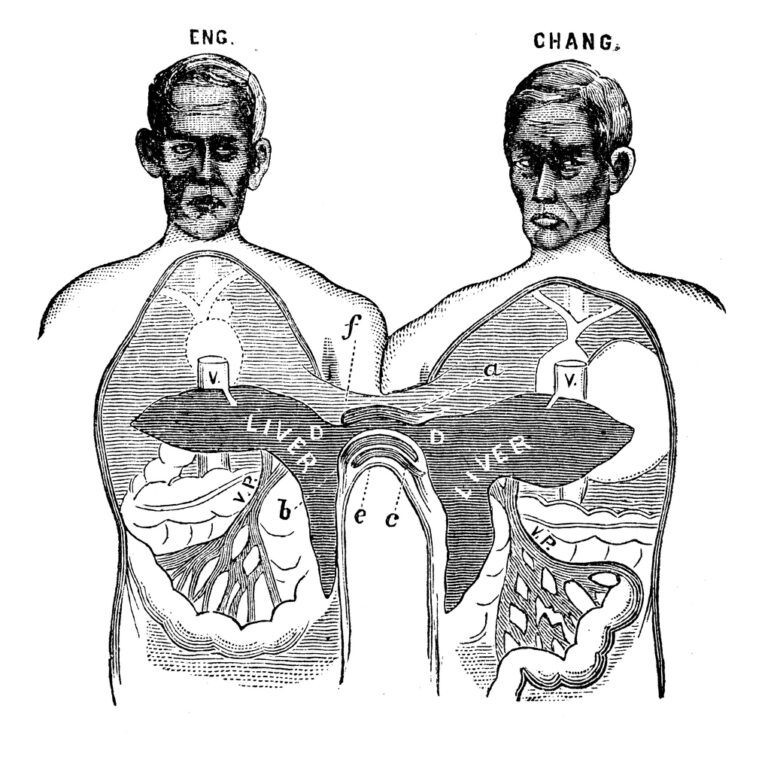While Christmas can be a time of great joy and fun, for many people it can also be a time of immense stress. There may be financial strain, family pressure, feelings of loneliness or sheer exhaustion from a challenging year.
On top of this, the festive season, whilst being about joy and togetherness, can actually be a time of great isolation for many people.
Spending the festive season by yourself can have more than just an isolating effect on people.
“Loneliness is a common issue experienced by callers,” a spokesperson for Lifeline Australia says. “It reflects the reality for many people in our community who don’t have friends or family members to support them, who live alone or feel isolated from those around them.”
Christmas in particular is a time associated with family gatherings, friendly catch-ups and lots of joyous get togethers. But for many, feelings of isolation occur in their greatest levels around this time.
Here are 5 ways to remain connected and work through feelings of isolation this Christmas.
1. Reinvent traditions
In adhering to overproduced and oversaturated traditions of christmas, it can often be easy to be swept up in a wave of difficult comparison. When you are spending Christmas, or any holiday by yourself, it is important to take the time to do things that make you happy, not what makes other people happy. Create new rituals and put into practice your own traditions that you can follow each year. Whatever you decide, it is important to put these rituals in place in order to set yourself up for a strong and successful year ahead.
2. Practice gratitude
Sometimes it is easy to be surrounded in a dark cloud come the holiday season. To avoid isolating thoughts and depressive activity, remind yourself of the things you are grateful for in your life. Practicing gratitude can do wonders for our self-esteem, creativity and our general wellbeing. Even if you struggle to find something to be grateful for, look deep and write it down. Even the smallest acts of gratitude can turnaround your emotions for the better.
Learn more about the health benefits and how to practice gratitude here.
3. Volunteer
Instead of spending the holidays alone, reach out to various volunteering services and spend your time surrounded by those who need support the most.
Your local shelters need you. Sparing some time to help others in need will help organisations struggling to respond to the demand for help – not to mention, give you a new appreciation for all that you have and continue to empower you to do more. Don’t underestimate the power of volunteering – it’s food for the soul.
Not only will this provide a deep sense of connection with others, it has the added benefit of enacting change in other people’s lives. This type of connection has the power to create meaning and purpose, a feeling often lacking when isolation takes over.
4. Foster a pet
Everyday helpless companion animals that have been lost or abandoned need temporary care. To get the second chance they deserve, each of these animals desperately need a foster carer. You can do this as often as suits your lifestyle and even stipulate what kind of dog or cat you are prepared to foster.
Australia has the second highest euthanasia rates in the world and each year over 200,000 healthy cats and dogs are sadly put down because they had nowhere to go.
If you have the time, and the correct loving environment for a pet, rescue centres are always looking for willing foster carers to help over the holidays.
Read more about the mental health benefits of pet ownership here.
5. Normalise the differences
Comparison can be detrimental to mental health during the festive season. Instead of forever comparing yourselves to others, what they are doing, who they are seeing, understand that everyone develops feelings of isolation and normalise emotions associated with loneliness.
Tell yourself that it is ok to feel disconnected sometimes
If you or anyone you know are experiencing feelings of loneliness over the holiday period, it is important to show you care and offer support.
Lifeline’s spokesperson recommends taking notice of symptoms around this period.
“This may involve seeking to involve them in activities with you, or sharing your time with them. If you’re in a position to be a trusted friend, listen and offer support. Often a compassionate ear can be the best way to give someone who’s feeling lonely the help they need.”
Lifeline Australia 13 11 14
Lifeline New Zealand 0800 543 354







